Indie Gamer Chick versus Game Boy: Game & Watch Gallery
June 4, 2021 1 Comment
I’m experimenting with using my blog instead of Twitter.
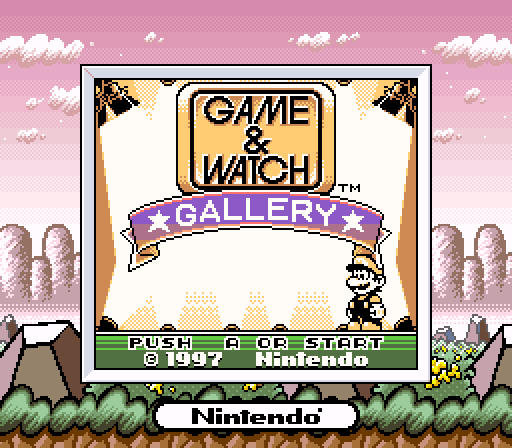
Game & Watch Gallery
Developed & Published by Nintendo
Also developed by TOSE
1997 Game Boy
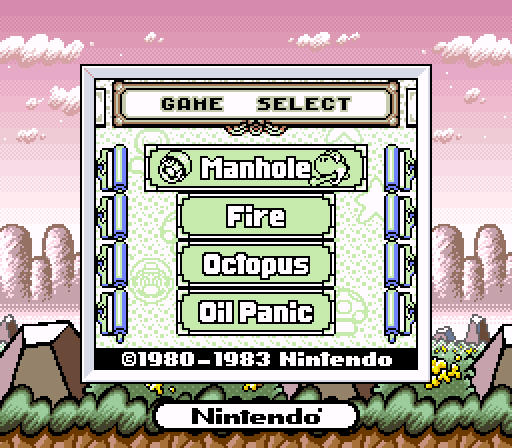
Certainly an interesting concept for a 1997 game. Nintendo had this wonderful library of LCD handhelds that predated even the Famicom/NES. Simple games that lent themselves to portable gameplay. Meanwhile, the Game Boy was still going strong, and Nintendo had this massive collection of games that could be collected. Nintendo did a trial run with the concept in 1994-95 with a release that never happened outside of Europe and Australia.
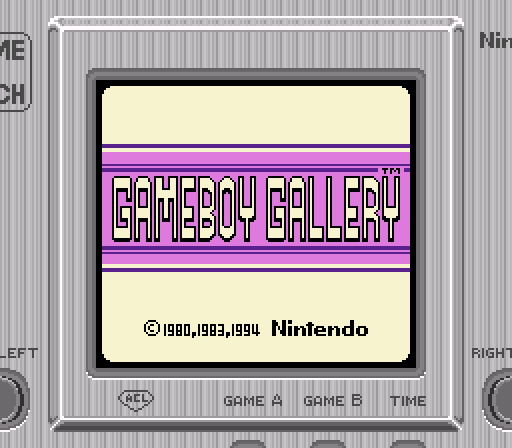
Game Boy Gallery, released in 1995, tasked developer TOSE with recreating five of their vintage LCDs.
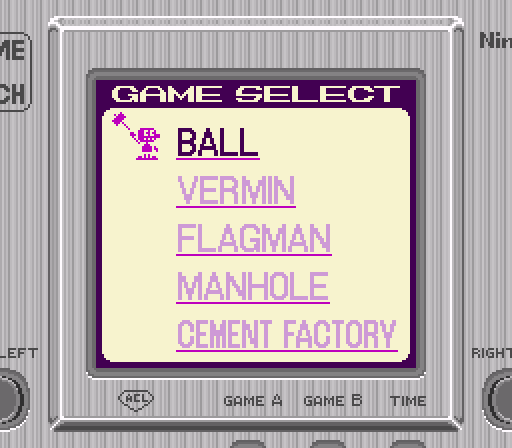
This is basically the prototype for the Game & Watch Gallery series, as all five games have updated graphics that aren’t intended to look exactly like their LCD counterparts, but rather modern interpretations of them. However, the gameplay is directly-lifted from the originals, with no “modern” minigame counterpart.
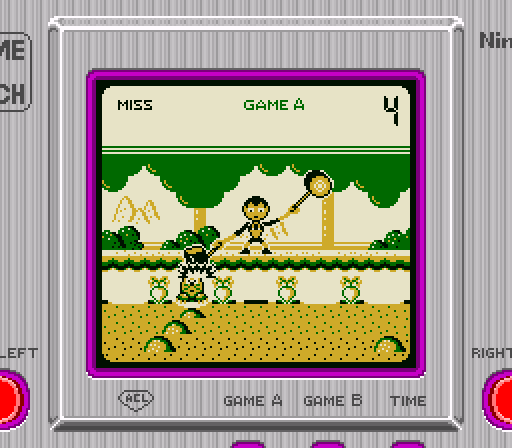
I can’t find sales data on Game Boy Gallery, but I imagine it must have done well-enough to keep the concept alive. The solution was self-evident: include both the classic games in all their animation-devoid glory, but also include updated versions of the games. And use popular Mario characters. Genius! The series was successful enough (or cheap and easy enough to produce) to run four-games deep. Today, I’m checking the games of Game & Watch Gallery 1. Do they hold up?
MANHOLE
Series: Gold, New Wide Screen
Release: January 29, 1981 (Gold), August 24, 1983 (New Wide Screen)
Gameplay: Spinning-Plate
Cathy’s High Score 848 (Classic) 1,081 (Modern)
CLASSIC VERSION: Manhole is, for me, the definitive Game & Watch release. The gameplay couldn’t be more simple: you have a single manhole cover and four gaps. Cover the gap for each runner. It’s just a matter of judging which runner is going to be the next to step over a gap. You have to memorize how many steps each runner will need before he’s over a manhole. Once you’ve registered a “cover” over a gap, you can move and the runner will hang over the gap in defiance of gravity without following. It’s not exactly “fun” in the traditional sense, but I really found myself unwilling to quit when I reached 500 points and had lost my one miss at some point. The key to Manhole is remembering to press A to automatically switch to the opposite diagonal corner. I’m almost certain the 848 points I had on my second attempt of Manhole beat even my childhood score, but I was *never* having fun.
Verdict: NO Pile
MODERN VERSION: The basic layout remains, only now there’s three different types of beings crossing: endless Toad clones, endless Donkey Kong Jr. clones, and rarely, Mario clones. Each runs at a different speed, which further complicates the spinning-plate element. But, this time, there’s four manhole covers that you can replace and leave alone. When something crossing runs across a cover, it displaces it. Yoshi can stop this from happening on one cover at a time, and then when free, replace the covers that have been knocked loose. As far as updating the Manhole formula goes, this is probably the very best you could do. I hate how the free-lives work, as every 200 (400?) saves, a heart will be tossed onto the playfield, but it wasn’t always tossed at an opportune time, which forced me to miss one. But, this is a *lot* more engaging than the 1981 LCD while also feeling exactly like a proper remake of it. One of the better remakes. I did only play one game of it and scored 1,081. As a kid, I scored almost 2,000 once.
Verdict: YES Pile.
FIRE
Alternate Title: Fireman Fireman (North America original title)
Series: Silver, Wide-Screen
Release Date: July 31, 1980 (Silver), December 4, 1981 (Wide Screen)
Gameplay: Juggler
Cathy’s High Score: 447 (Classic) 642 (Modern)
CLASSIC VERSION: A “classic” that I can’t believe people don’t consider an abject failure. The concept of having to juggle people jumping from a burning building sounds fine, but this is one of those games where the lack of animation completely ruins the gameplay. Once the game gets moving and there’s four or more jumpers at once, it’s damn near impossible to judge which ones are next to land, or even if you correctly “saved” the next jumper. This is a formula that *needed* a taller screen with more animation cells
Verdict: NO Pile.
MODERN VERSION: Having animation made me realize another problem with Fire: there’s no quick passage from the left side to the right. Every single one of my deaths was the result of split-second gap between making a save on the right side not leaving enough time to save the jumper on the left side. But what can you do? Fire shows up again during Game & Watch Gallery series. Here’s hoping it improves.
Verdict: NO Pile
OCTOPUS
Alternate Titles: Mysteries of the Sea (UK) and Mysteries of the Deep
Series: Wide Screen
Release Date: July 16, 1981
Gameplay: Cross the Road
Cathy’s High Score: 1,138 (Classic) 1,371 (Modern)
CLASSIC VERSION: Octopus is probably my favorite classic Game & Watch game. Having played a ton of LCD games last summer (go here, here, and here), I’ve come to the conclusion that cross-the-road format games are inherently the best use of LCD’s technology. Octopus’s mechanic of having you go from the ship to the treasure chest to load-up on plunder while avoiding tentacles is fairly straight forward. IN THEORY you should be capped at how much you can load up from the chest. But I scored my first 400 or so points while barely surfacing at all. IN THEORY your hand should get a lot slower when loading the treasure, but it’s never insanely slow. Without animation, movement from spot to spot can’t be slower. Also, you’re capped at 3 bonus points per surfacing. It’s super easy to time the tentacles too. Octopus is still one of the better Game & Watch games. Which tells you how badly these games aged that I still can’t recommend it.
Verdict: NO Pile
MODERN VERSION: Much, much better. Here, loading up on treasure slows your movement down, but you also bank extra points for every grab you make. Also, the tentacles can go into different lanes, but you seem to have the ability to bait them into going down specific ones. It turns Octopus Remake into the game that tests your greed. You have no limit on how much treasure you can get, but you can become so slow that it’s impossible to get back to the boat no matter how perfect your reflexes are. The game dares you to grab a ton of gold, but as long as you remember that there’s no time limit, it’s just a matter of how patient you are in grinding up a score. As a remake of an LCD game, Octopus gets incredibly repetitive. It’s also the fastest-scoring and genuinely best video game in Game & Watch Gallery 1.
Verdict: YES Pile
OIL PANIC
Series: Multi Screen
Release: May 28, 1982
Gameplay: Catch-and-Release
Cathy’s High Score: 2,775 (Classic) 1,022 (Modern)
CLASSIC MODE: My god. MY GOD! I have never in my entire, miserable life played a game that is this competently made that is also so boring that it’s genuinely torturous. Here, you collect drops of oil that fall from the ceiling and then dump them out the windows. Below you is a man walking back and forth with a bucket that is apparently limitless. Instead of doing the logical thing, saying “HEY ASSHOLE, CAN I USE *THAT* BUCKET?!” you have to deal with a three-drop limit for your own. You lose a life if you miss the oil, catch a drop when your bucket is full, or if you throw the oil out the window when the big bucket guy isn’t on that side. Mind you, if the oil hits the floor, it catches fire. In theory you should be napalming the two pedestrians below. To death. They certainly should be just shouting at you with as much anger is generally displayed when one is cut-off on the freeway. Anyway, the formula seems like a decent-enough take on the Catch-and-Release genre. But, it’s actually too easy. On the A mode, I rolled the scoreboard twice, and would have a third time if I hadn’t got bored to the point that I asked my family to walk in front of the TV screen to add challenge. Which they got bored with after a couple minutes, so I held the controller upside-down and I think I made it two whole points after that. One of the problems is you have, in theory, as many as five lives in Oil Panic, because screwing up the oil-side of the screen and screwing up the roaming oil collector and two fire-proof pedestrian side of the screen are counted separately. For no reason. Also, all your misses are erased every time you reach X300 points. That’s just too generous. But the real biggest problem is that the difficulty, and speed of the oil drips, resets when you roll the scoreboard after X999 points. Which you will, because this is insultingly easy. I suppose I could have quit and reviewed the B part, but who actually plays Mode B?
Verdict: NO Pile
MODERN VERSION: Easily the best remake in Game & Watch Gallery 1, as Octopus already had a more-than-solid foundation and was on the cusp of being good, while this time, it turns a boring game into a decent one. Oil Panic retains the basic “catch the oil” formula, only there’s now multiple twists. As Mario instead of Mr. Game & Watch, you hold two buckets instead of one. And instead of a bottomless bucket holder to throw to, it’s Yoshi. You have the ability to rotate your buckets, which makes this feel like a follow-up the NES/Game Boy classic Yoshi. There’s also a few bonuses tied to Yoshi if you feed him two full buckets back-to-back within nano-seconds IN THE RIGHT POSITION. You see, Yoshi walks back and forth too, and he has to be as far to one side as possible to get the bonus. On the plus side, Yoshi’s tongue can catch the oil even if he’s not exactly to the edge. On the negative side, I never benefited from this from a meaningful range away from the ledge. It only screwed me out of the bonuses. Anyway, on the right side, doing back-to-back full buckets creates a block which has coins (and, when you reach milestones in points, also provides a free life). On the left side, Yoshi creates a block, and making four of them allows Yoshi to fireball/egg/melon-seed-spit Bowser for extra bonus points. You’ll be tempted to fill up the the buckets to the max every time, but like many Game & Watch titles, it’s often your own greed and impatience that will cost you lives. In fact, with both Octopus and Oil Panic, it’s absolutely possible to slowly grind up world-record points (the best you can do is tie former Donkey Kong world champion Wes Copeland’s 9,999 max score). It would take forever and be considered a form of self-harm, but it can be done.
Verdict: YES Pile
VERDICT
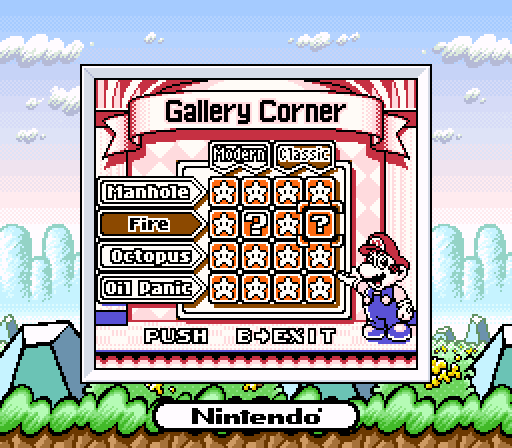
Game & Watch Gallery is a odd cat. When you get right down to it, it’s just a mini-game collection where the only true significance is these are based on early 80s Nintendo LCD games. All eight games presented here are incredibly repetitive and often you’ll welcome a game over. That’s usually a sign of being a bad game. I literally gave none of the “classic” Game & Watch games a YES, and to be frank, I wasn’t very enthusiastic about any of the YES pile games. It was more like I conceded their decency. Octopus Remake feels the most balanced. Oil Panic Remake is probably the most compelling formula that seems like it could lead to a solid full-fledged game. Manhole Remake is fine, just like the other two YES pile occupants. But none of these are worth actively seeking out. The most telling thing: Game & Watch Gallery is a slog, even when it’s at its best. It’s NEVER exciting.
Overall Verdict: NO Pile
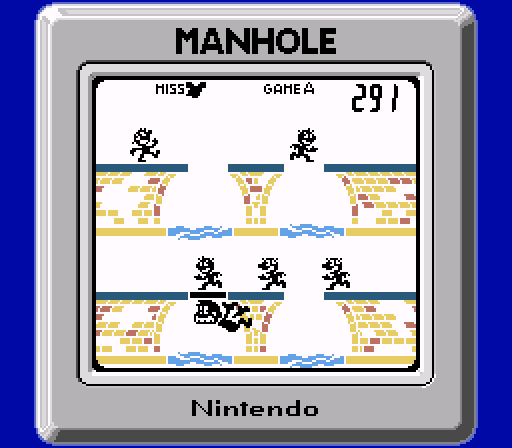
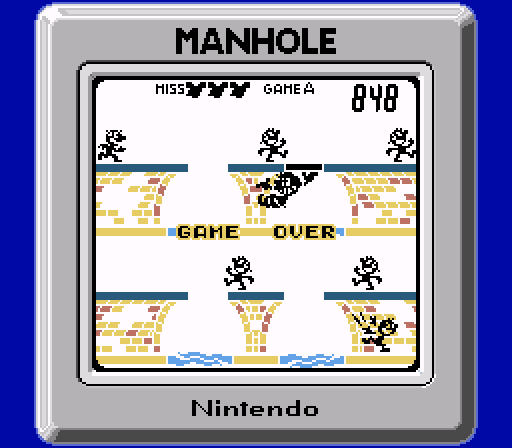
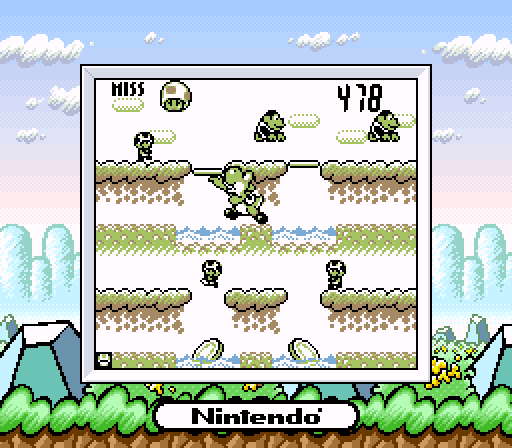
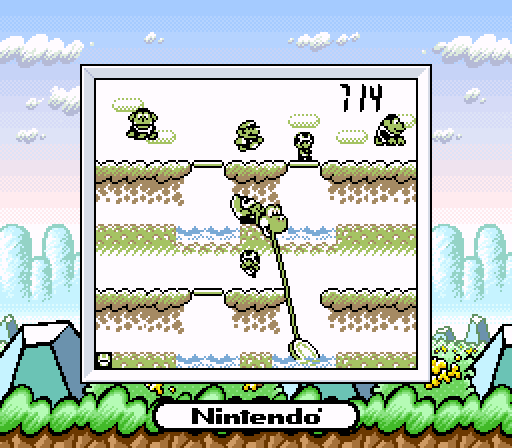
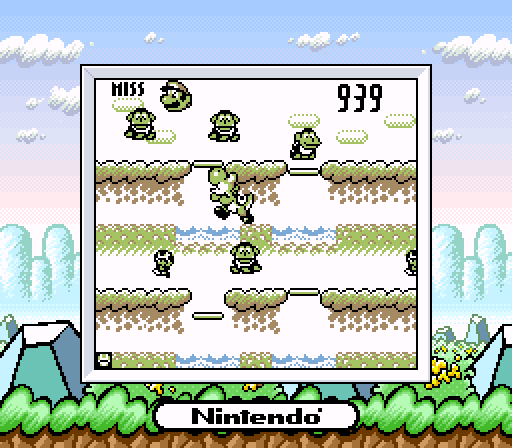
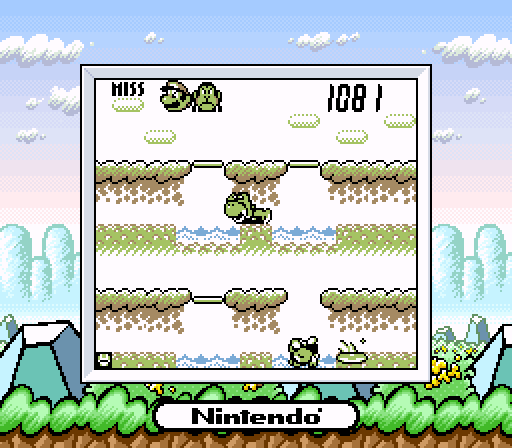
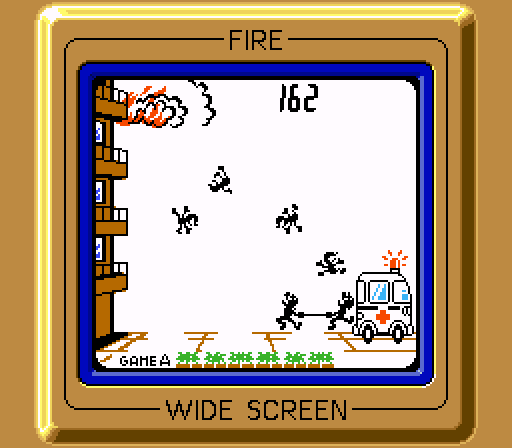
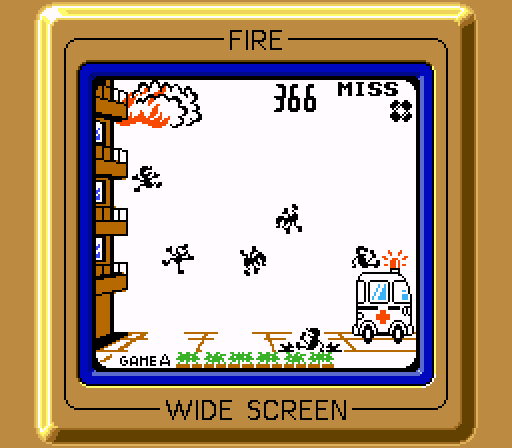
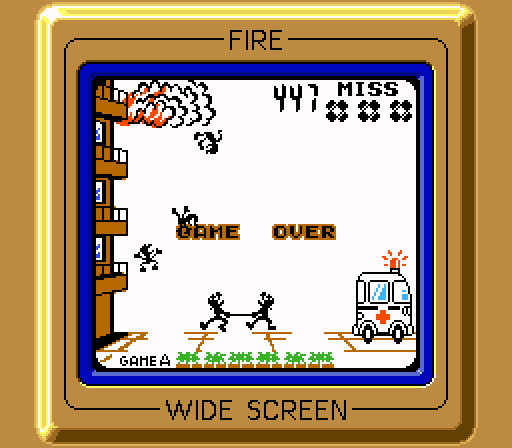
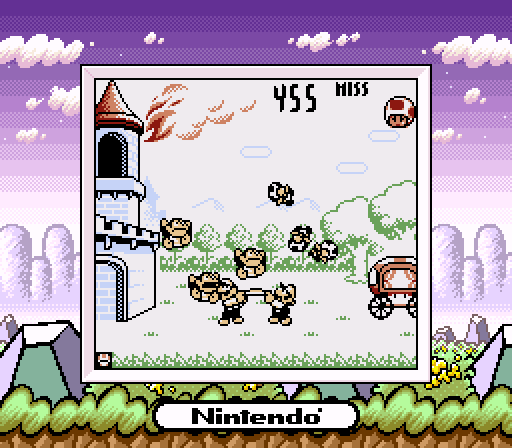
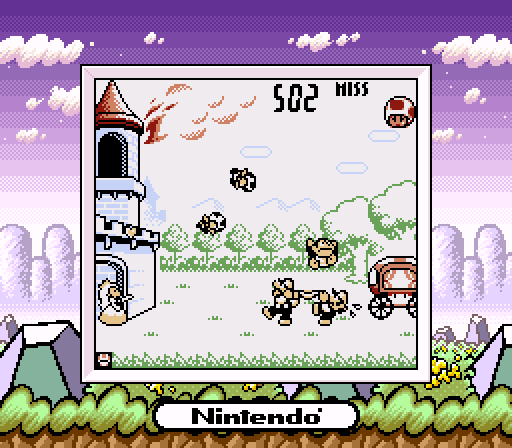
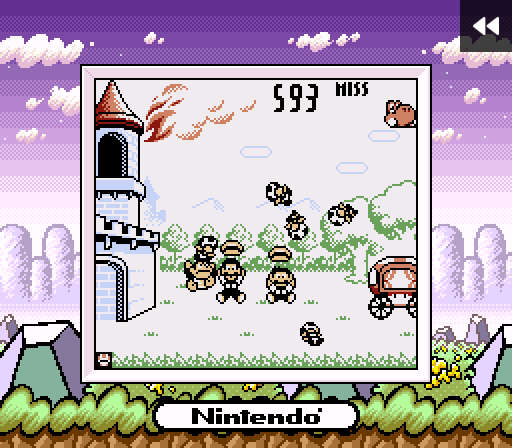
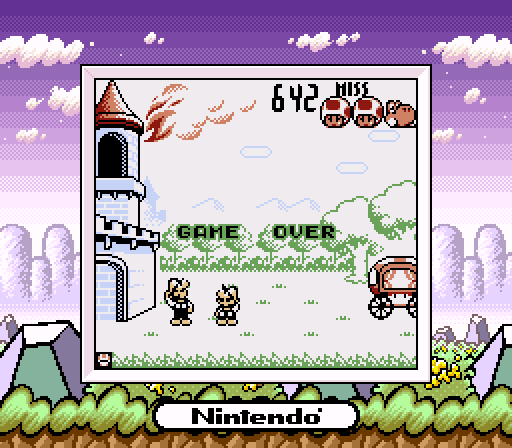
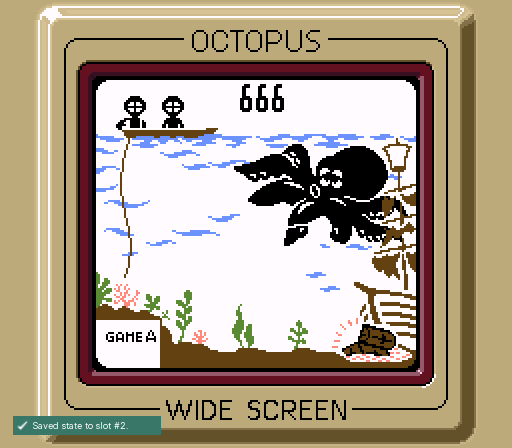
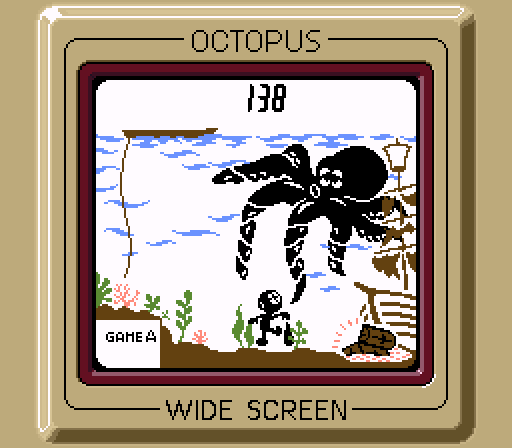
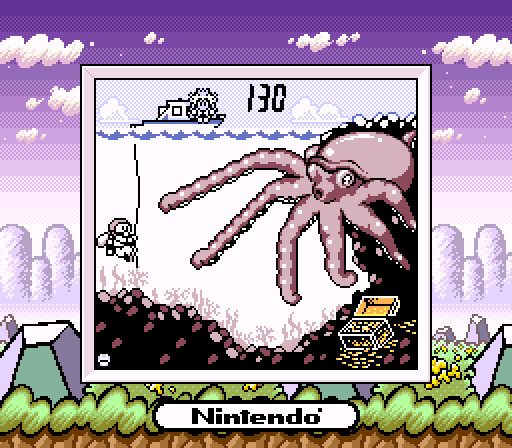
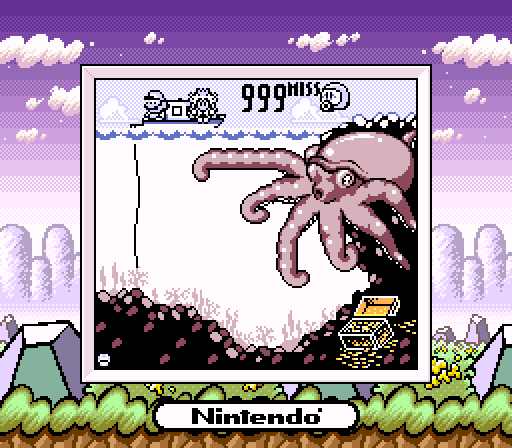
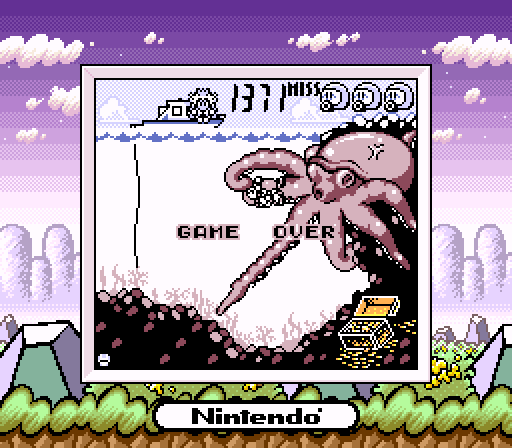
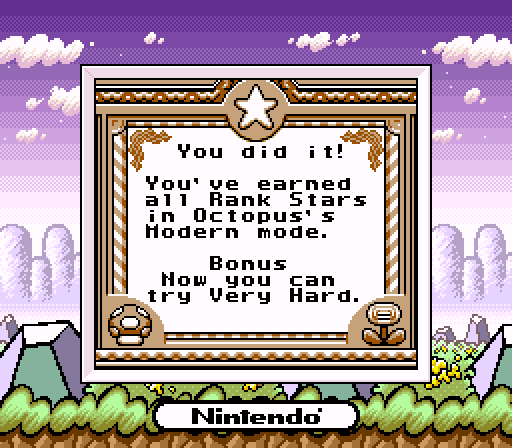
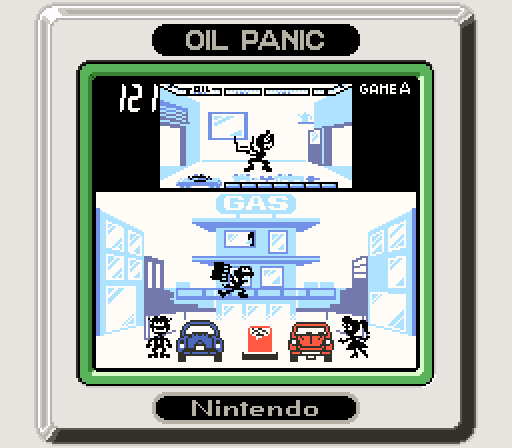
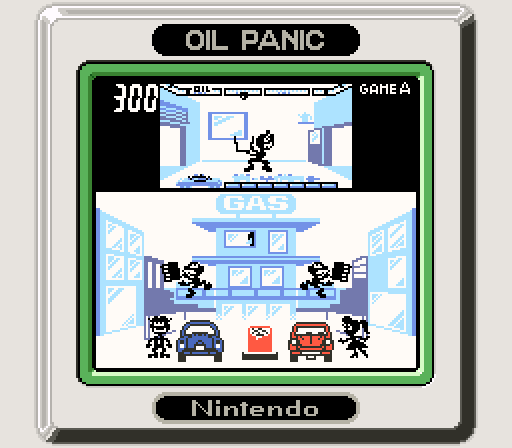
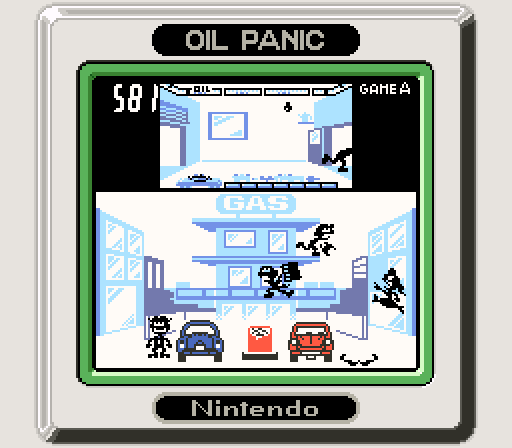
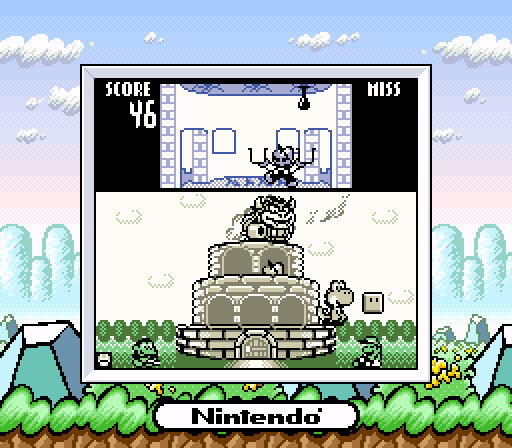
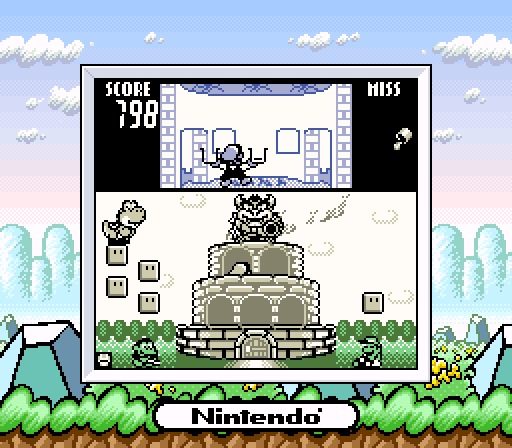
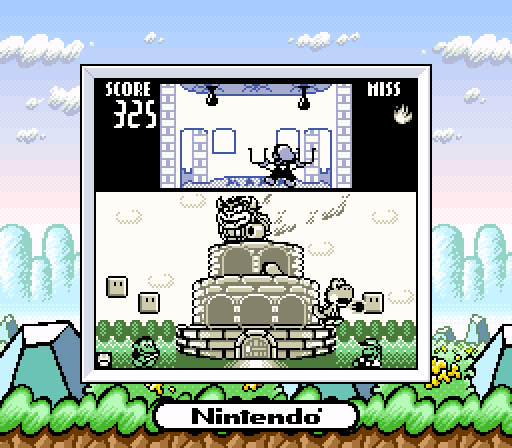

Pingback: LCD Games of the 80s: Part Two | Indie Gamer Chick